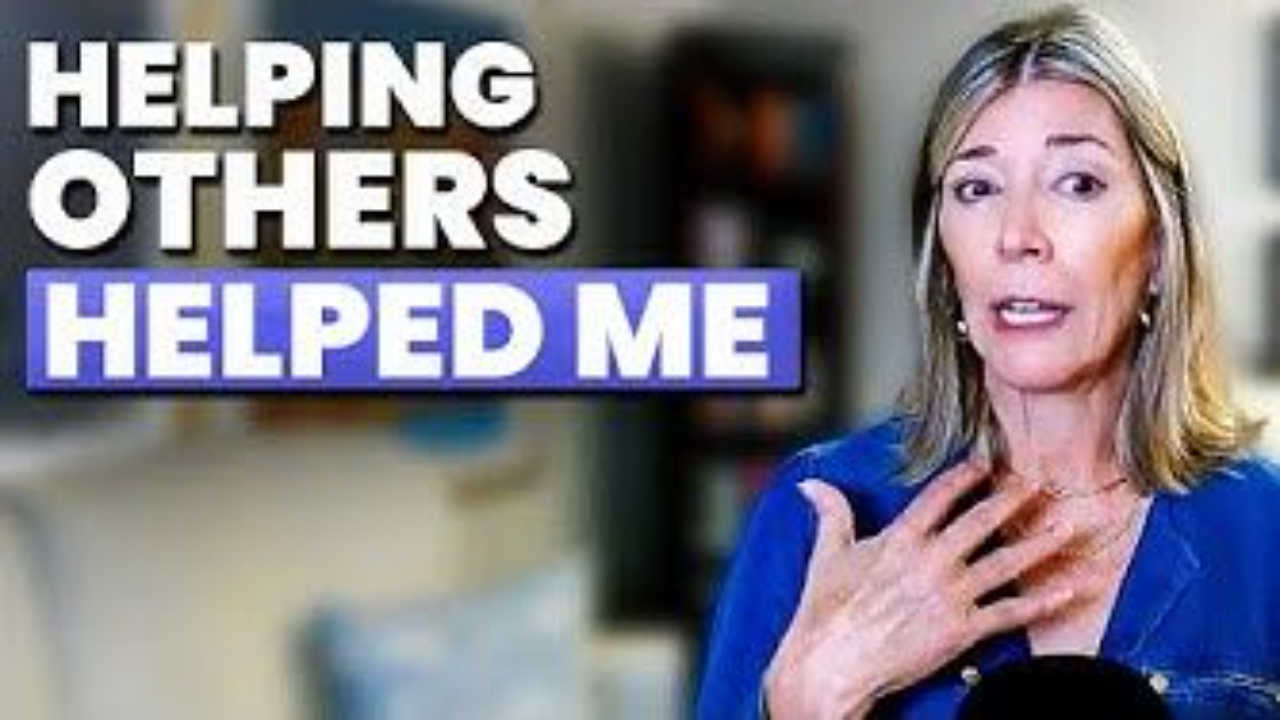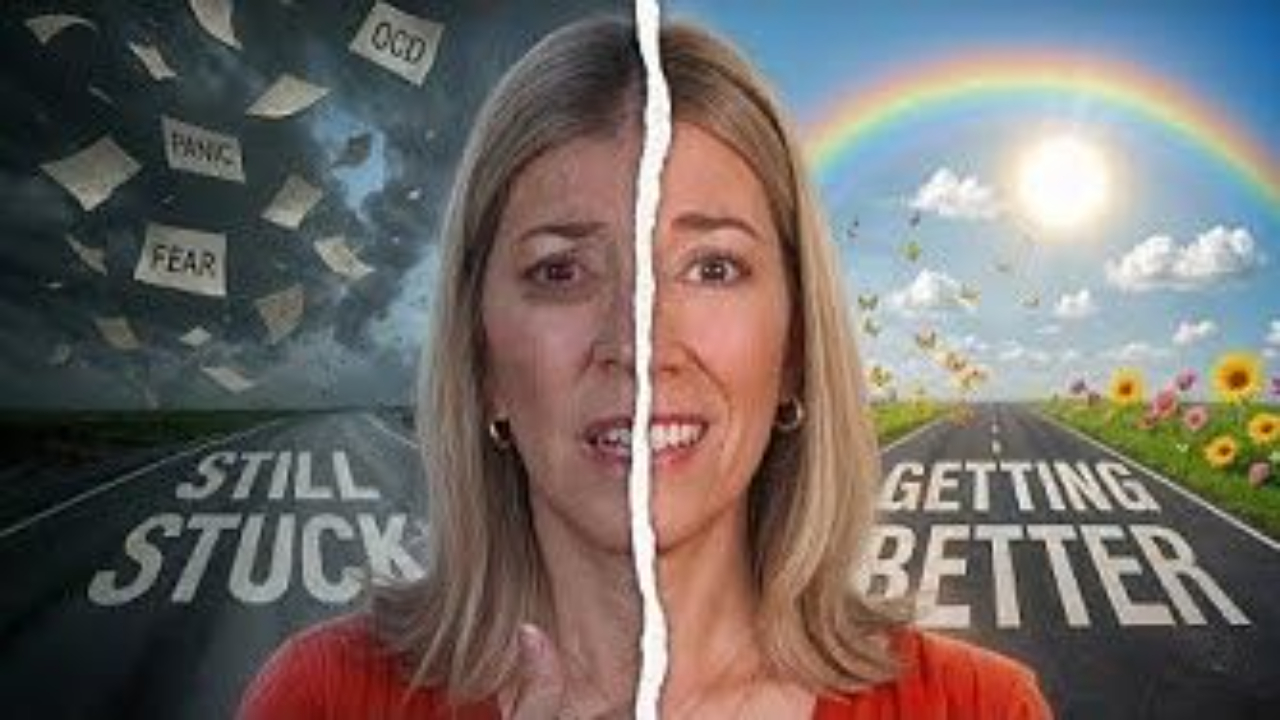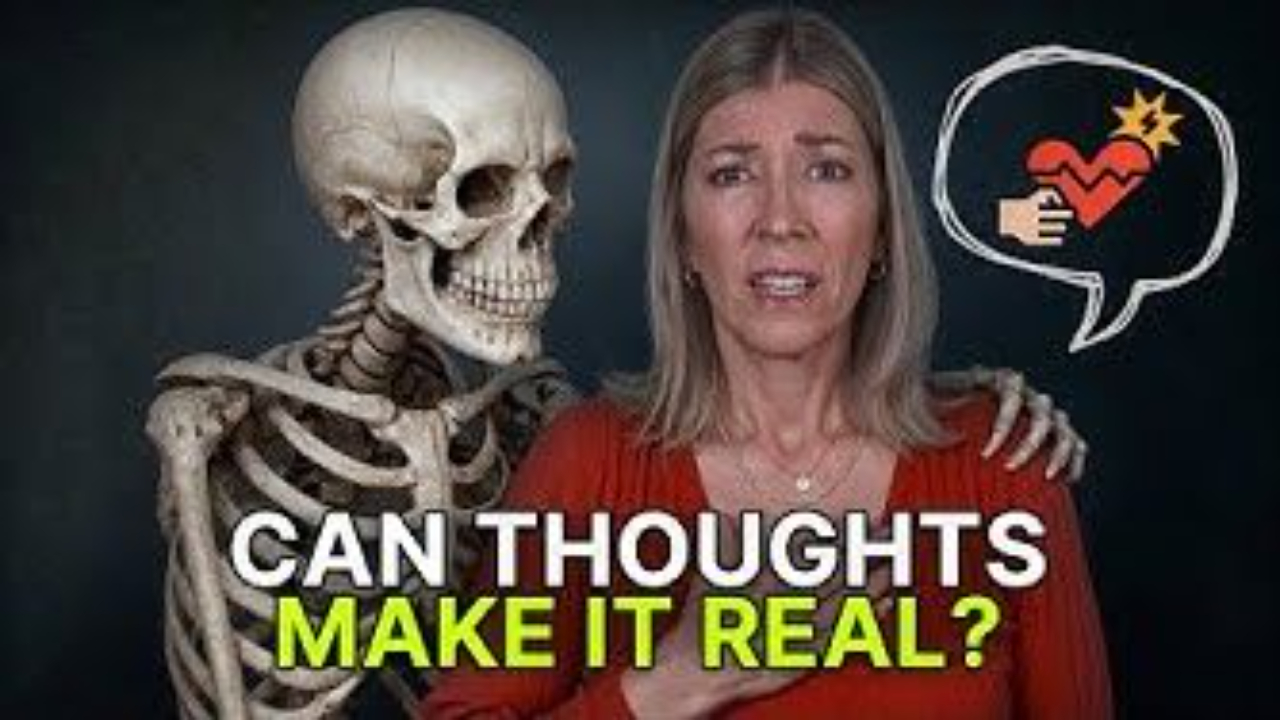
I Used to Hide My Anxiety and OCD, Now I Help Millions Heal
I didn’t set out to specialize in OCD and anxiety. In many ways, these conditions chose me.
In my early twenties, I was living in downtown Chicago, working in the corporate world, and secretly battling severe anxiety. Outwardly, everything looked fine. Inside, I was unraveling. Then one day, everything came crashing down-I experienced a terrifying panic attack that landed me in the ER. I truly thought I was dying.
Doctors ruled out any physical issues and sent me home. No explanation. No resources. Just confusion and fear.
Later, in graduate school, a professor gently suggested that what I was describing in my work sounded a lot like OCD. That moment was pivotal. I began connecting the dots, not just academically but personally. I realized that I had been living with anxiety and obsessive-compulsive tendencies for most of my life. It changed everything-my studies, my direction, and ultimately, my life’s work.
Paige recently was a guest on NOCD
Living With OCD: My Experience with Somatic OCD
One of the most challenging ways OCD has shown up in my life is through Somatic OCD, specifically breathing-related obsessions.
Somatic OCD latches onto bodily functions we usually take for granted-breathing, blinking, swallowing-and convinces us we need to monitor and control them consciously. For me, it was my breath. I developed an obsessive urge to control it, as though I was the one keeping it going. This intrusive awareness was maddening. At my worst, I couldn’t even sleep.
Somatic OCD is deeply misunderstood, and many people suffer silently. They’re often told, “just stop thinking about it,” which only makes it worse. But here’s something vital:
Asking for help is not a weakness. It’s a strength.
There is hope. There is treatment. And you don’t have to live like this forever.
What Are Somatic Awareness OCD and Health Anxiety OCD?
OCD can latch onto anything-from thoughts to sensations-making life feel overwhelming and confusing. Two of the most misunderstood forms are health anxiety OCD and somatic awareness OCD, both involving intense focus on physical sensations and fears related to health.
-
Somatic Awareness OCD is when you hyper-focus on bodily sensations that are usually automatic and effortless-like breathing or blinking-and feel an overwhelming urge to control or “get them just right.” This leads to a cycle of anxiety and compulsions, often disrupting sleep and daily life.
-
Health Anxiety OCD fixates on fears of illness. This can look like constant symptom-checking, excessive Googling, or repeated doctor visits-even after medical causes are ruled out. The anxiety keeps pulling you back into compulsive checking and worrying.
OCD tricks us into trying to fix or control things that are uncontrollable-like your breath or health. It’s a relentless chase for reassurance or the “just right” feeling that never comes.
Evidence-Based Tools That Help
The gold standard treatment is Exposure and Response Prevention (ERP), which helps people gradually face the sensations and fears OCD latches onto-without giving in to compulsions.
-
Gradual Exposure: Starting small and manageable, building up to harder challenges.
-
Resisting Compulsions: Allowing uncomfortable sensations without responding to them.
-
Motivation & Values Work: Understanding what OCD is stealing from you, and what kind of life you want to live, to fuel your courage to face fears.
Studies consistently show ERP improves quality of life and reduces OCD symptoms.
Becoming a Therapist-and a Creator
Today, I’m a licensed therapist in Rochester, Michigan, specializing in OCD and anxiety disorders. I run online recovery programs and created a supportive community called The WarmHeart Hub.
I also make YouTube videos and share mental health content-not because it came naturally to me, but because I know how important it is to offer hope and connection to those who feel alone.
The Bigger Picture: Mental Health Challenges and Hope
While mental health understanding and treatments have advanced tremendously, there are still serious challenges. Funding cuts to mental health programs in schools and communities threaten access for those who need it most. Meanwhile, chronic stress is rising-exhausting minds and bodies, and increasing anxiety and fatigue.
Despite these obstacles, progress continues. Organizations like NOCD work to expand access and insurance coverage for OCD treatment. Frontloading therapy with more frequent sessions early on can speed recovery. Breaking myths, promoting compassion, and demanding ethical, evidence-based care are essential.
A Message to Those Struggling
If you or someone you love is struggling with OCD or anxiety, remember this:
You are not broken. Your experiences are human responses to stress and uncertainty.
Recovery isn’t a straight line. There will be ups and downs, but with the right support and tools, you can learn to live the life you want-not the one OCD tries to trap you in.
Asking for help is an act of courage. You don’t have to face this alone. There is hope. There is healing.
If you want to learn more or connect with support, resources like NOCD and communities like The WarmHeart Hub offer guidance and connection.
You’re not alone-and recovery is possible.
Let's Keep in Touch
Subscribe to My Newsletter
We hate SPAM. We will never sell your information, for any reason.






